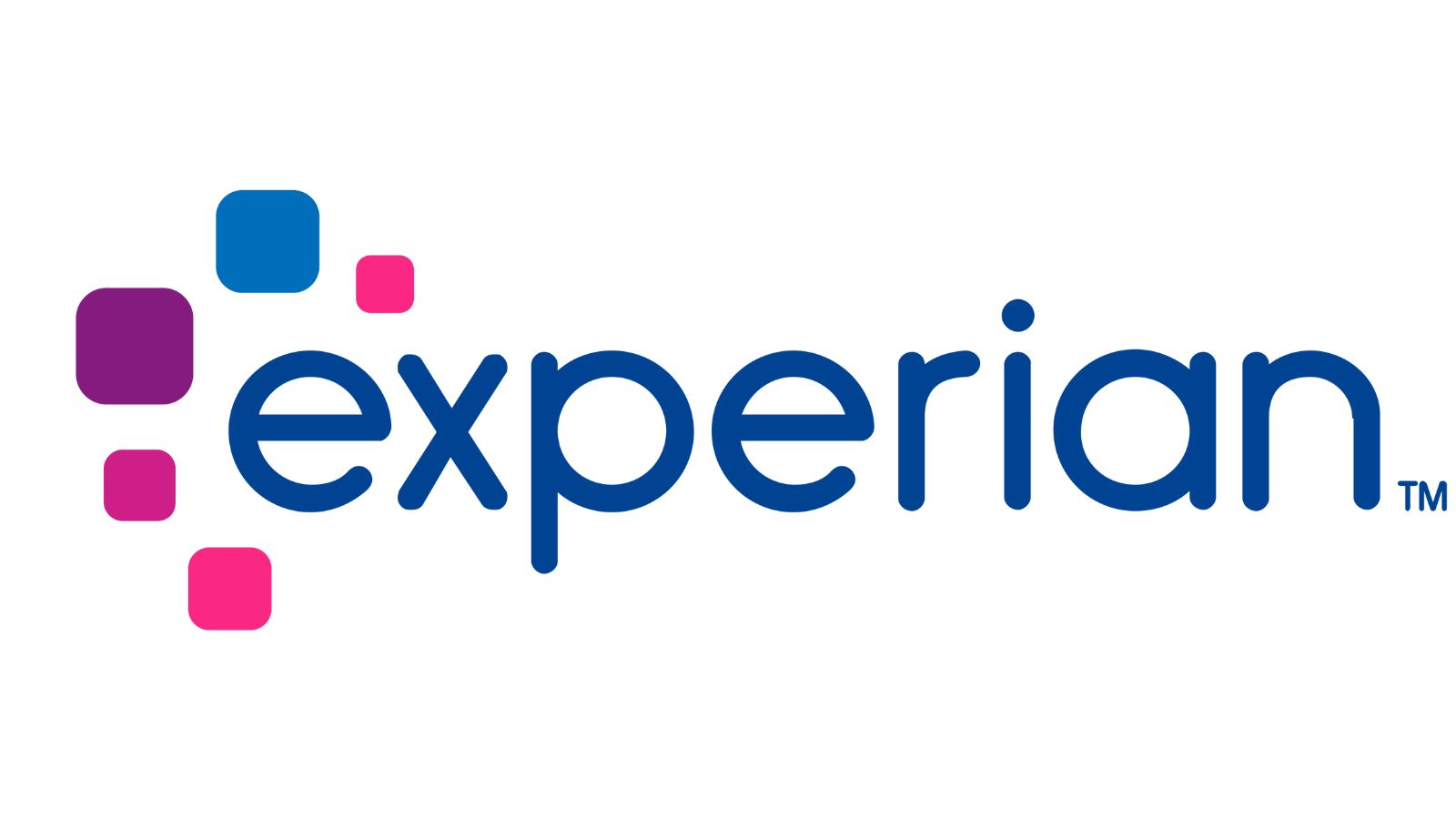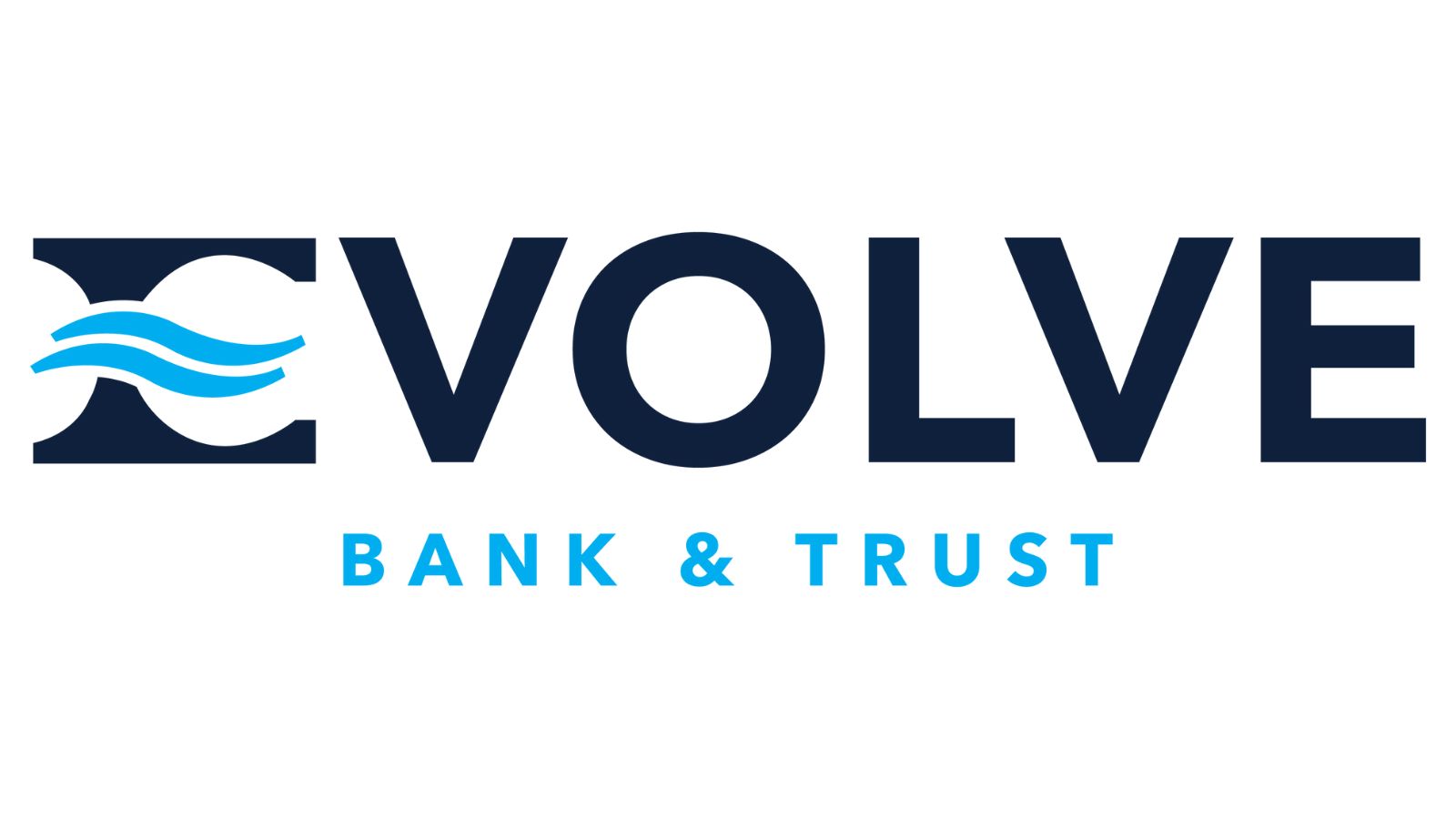The world of banking and finance is no stranger to technological advancements. From the advent of online banking to the rise of mobile payments, the industry has constantly evolved to meet the changing needs of its customers. One of the most exciting recent developments in this field is blockchain technology. With its potential to transform the way financial transactions are conducted, blockchain is revolutionizing the future of banking and finance.
Blockchain, at its core, is a decentralized and distributed ledger system that records and verifies transactions across multiple computers. This technology eliminates the need for a centralized authority, such as a bank or a government, to oversee and validate transactions. Instead, the power to validate and authenticate transactions is distributed among a network of computers, making it secure, transparent, and resistant to fraud.
Enhanced Security and Privacy
One of the main advantages of blockchain technology in banking and finance is the enhanced security and privacy it offers. Traditional banking systems often rely on centralized databases, which are vulnerable to hacking and data breaches. With blockchain, the distributed nature of the technology makes it incredibly difficult for hackers to compromise the system. Each transaction is verified by multiple computers in the network, and once approved, it is added to a block that cannot be altered or tampered with.
Moreover, blockchain technology also improves privacy by enabling secure and anonymous transactions. When using blockchain for financial transactions, users do not need to disclose sensitive personal information, such as their credit card details or social security numbers. Instead, they can transact under a pseudonym, increasing their privacy and reducing the risk of identity theft.
Streamlined and Efficient Processes
Another significant benefit of blockchain technology in banking and finance is its ability to streamline and automate processes. Traditional financial transactions, such as international wire transfers, can be time-consuming and prone to errors. Blockchain technology can revolutionize this process by removing intermediaries and enabling direct peer-to-peer transfers.
With blockchain, cross-border transactions can be completed in a matter of minutes, compared to the days or even weeks it currently takes. Additionally, the elimination of intermediaries reduces transaction fees, making it more cost-effective for customers. This technology also enables the automation of compliance and regulatory processes, further reducing the administrative burden and improving efficiency in the industry.
Increased Financial Inclusion
One of the most promising aspects of blockchain technology in banking and finance is its potential to increase financial inclusion. Traditional banking systems often exclude individuals who do not have access to banking services due to various reasons, such as geographical barriers or lack of documentation. With blockchain, financial services can be provided to these underserved populations, allowing them to participate in the global economy.
Blockchain-based solutions, such as digital wallets and microfinance platforms, can provide individuals with access to banking services through their mobile phones. This technology can empower individuals in developing countries to send and receive money, access credit, and engage in online commerce, creating new opportunities for economic growth and poverty alleviation.
Challenges and Limitations
While blockchain technology holds great promise for the banking and finance industry, it is not without its challenges and limitations. One of the main challenges is the need for regulatory clarity and compliance. As blockchain technology disrupts traditional financial systems, regulators must adapt and create a framework that protects consumers while fostering innovation. Additionally, scalability and energy consumption are areas of concern that need to be addressed to ensure the widespread adoption of blockchain in the industry.
In conclusion, blockchain technology is revolutionizing the future of banking and finance. With its enhanced security, streamlined processes, and potential for financial inclusion, it has the power to transform the way we conduct transactions and access financial services. While challenges exist, the potential benefits far outweigh the drawbacks. As we move forward, we can expect to see blockchain technology playing a crucial role in shaping the future of the industry.








Leave a Reply